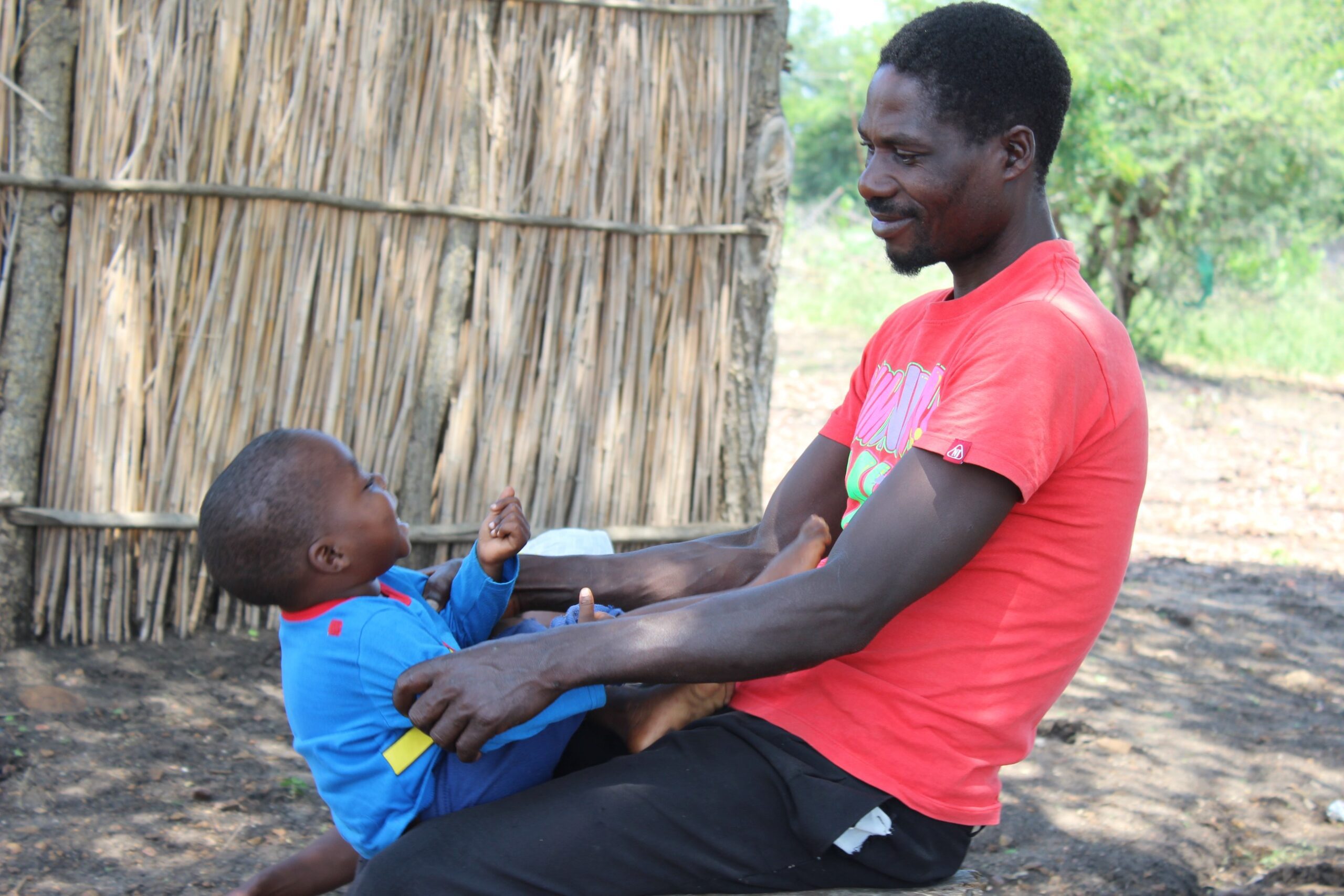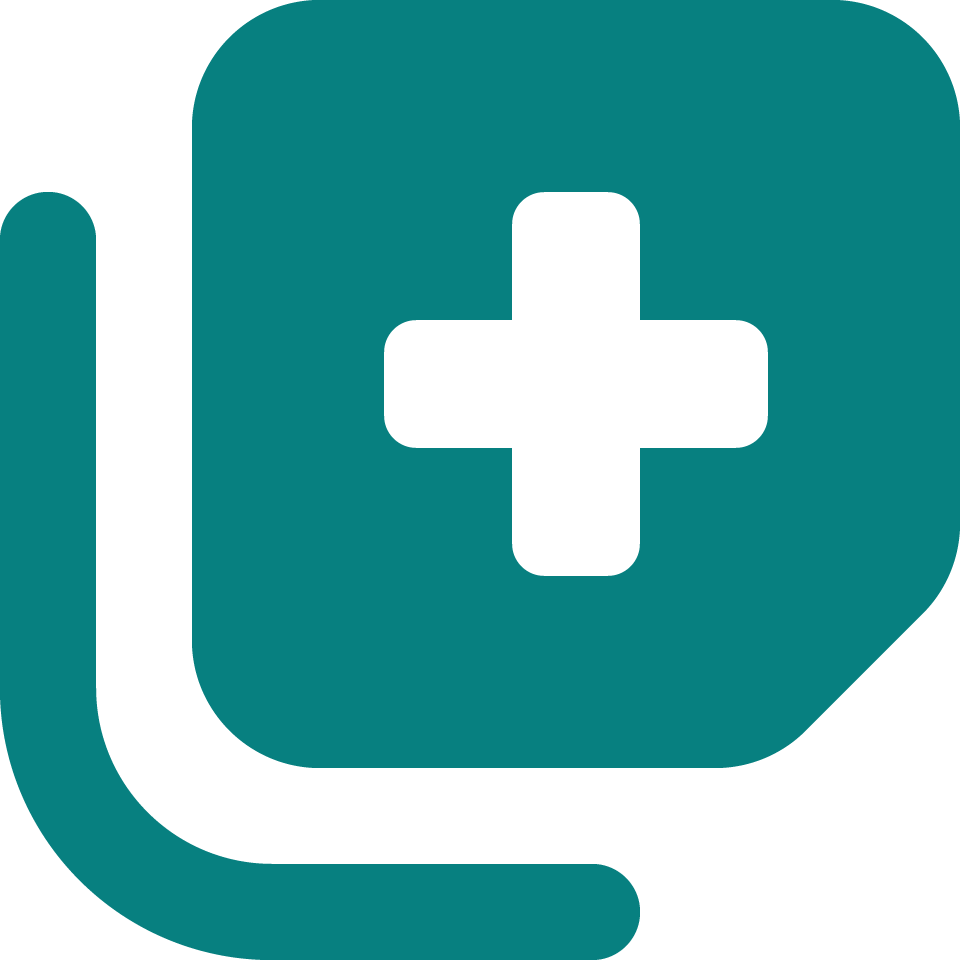ECD Through Additional Platforms
In Mozambique, PATH has supported ECD interventions in sectors beyond health, building on its long-standing relationships with the Ministry of Gender, Children and Social Action and its local partners supporting interventions for caregivers and for orphans and vulnerable children, with Aka Khan Foundation, and with local communication partners, such as h2n, among others.





